One of the assignments for the Teaching Solutions Class was to participate in a “M.O.O.C”, which stands for massive open online course. These college level courses are offered free or for a small fee. The student receives a completion certificate when all of the homework assignments, quizzes, and exams meet the passing score. Students have to abide to an honor code. I decided to take a class called Chemistry 181x: Food for Thought offered via McGill University. There were reading assignments, pre-tests, short videos, post quizzes, and unit exams. The videos lasted about 7-15 minutes and there were about 2-4 hours of videos per week. Answers and rationale were provided to the pre- and post- tests. Generally, there was a cooking experiment. One week I heated eggs to various temperatures and posted pictures of the eggs and discussed how the protein chemical bonds in the egg changed at various temperatures. Another week I had to make several small cakes and compare the chemical bond changes as I steamed cakes in boiling water compared to baking cake in an oven using various temperatures and time. Class members graded their own homework assignments by using the rubric provided. A toolbar showed the progress in the class and how many additional points were needed to earn the certificate.
There is a 7-9% completion rate for M.O.O.C. classes, with people dropping out within the first week. Human interaction is important in keeping students engaged. My daughters also signed up for the M.O.O.C, and they kept me motivated. We would have friendly competitions on who could get the best grades. The cooking class had a map and everyone in the class showed where they lived and class members showed pictures of their favorite foods. There were over 2,000 people in the class.
Another method to keep students engaged was using encouragement. Every week an email was sent introducing the new content, and a summary of the previous week’s information. There were pictures and comments about the best assignments.
According to the Illinois Online Network (http://www.ion.uillinois.edu) online courses need to address the learners’ different learning styles. Traditional lectures could be posted as web pages, videos, audio lecture. This format allows the student to do further reading, research and other activities. Discussion allows the student to analyze the content. Discussion can be asynchronous and in real time. Online teaching allows for self-directed learning and self-paced activities. Online projects allow students to gain practical experience in topics that relevant to the learner. Case studies allow the learner to use the information and apply the information to new situations. By taking various M.O.O.C.s I can see how these teaching strategies are utilized.
Since the original M.O.O.C I have taken several others. I get access to the current information about classes that I teach, and I can see how other instructors present the information, and I analyze how the instructors in the M.O.O.C. apply teaching strategies to keep the student engaged. I also read the discussions and learn information that wasn’t presented in the course. The best part is that it is free!

